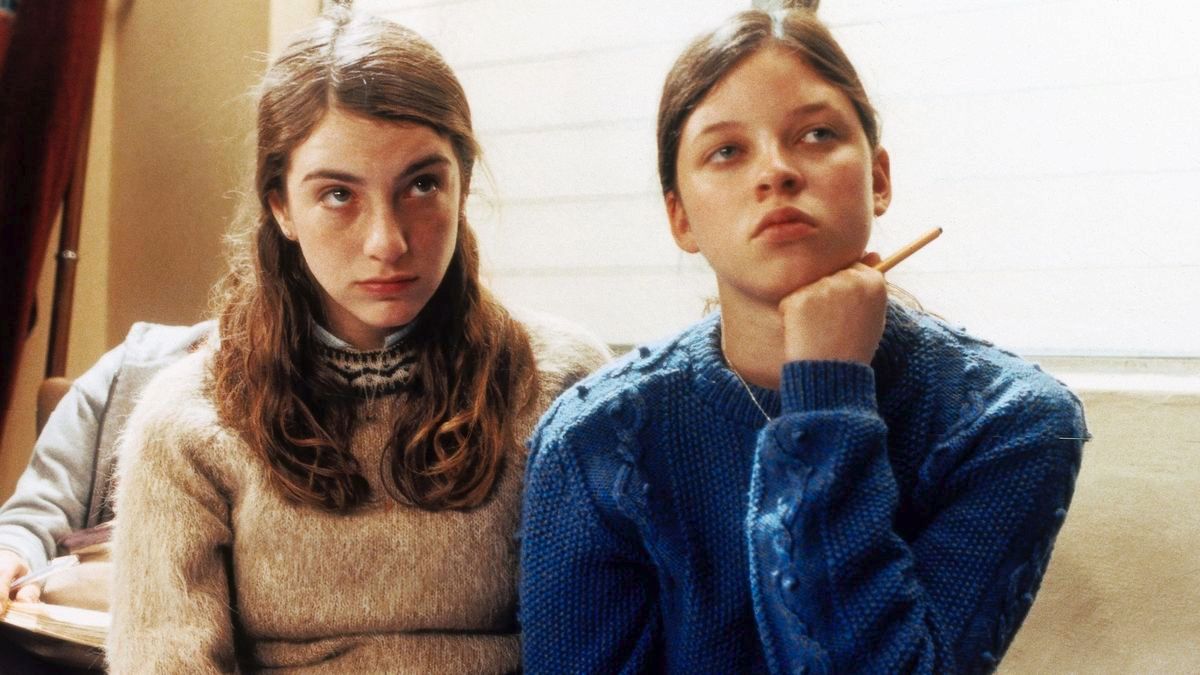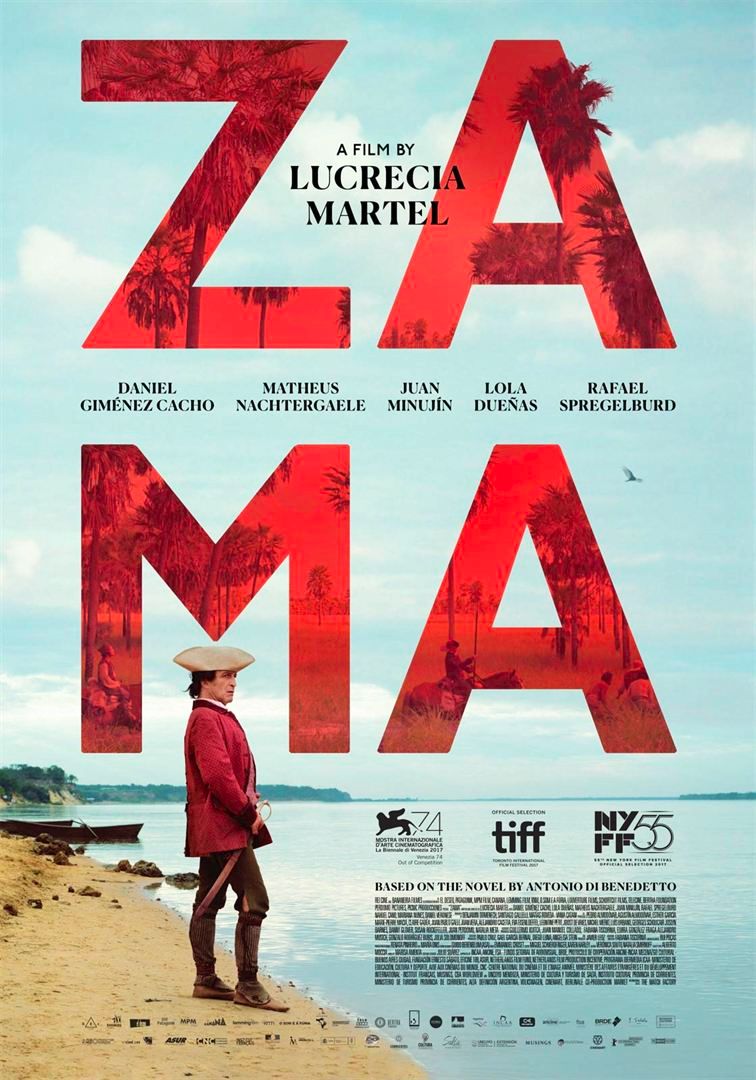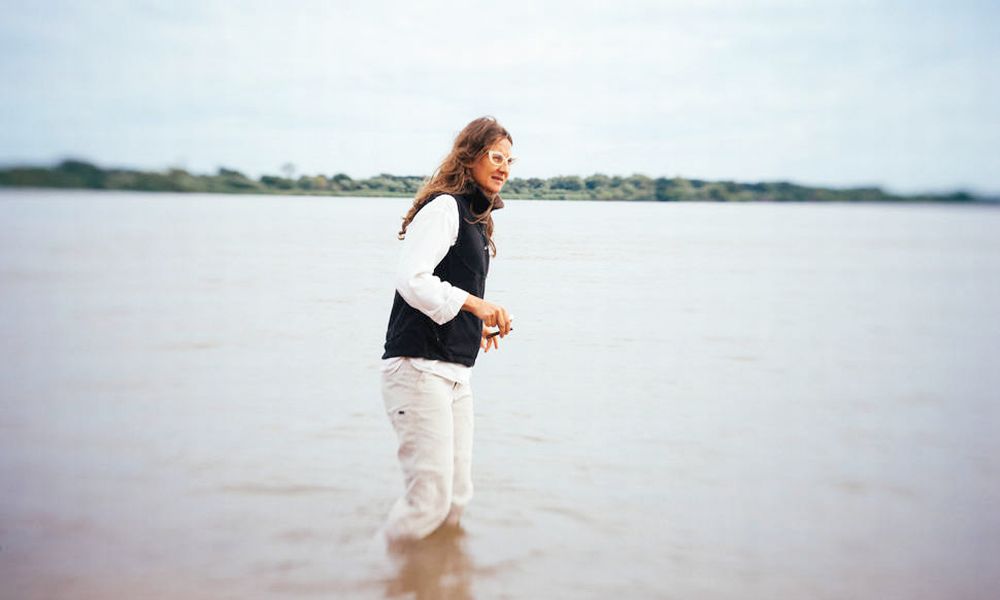"What distinguishes Martel is her extraordinary attention to detail and nuance… She is profoundly sensitive to the impact of silence, as well as the organic cohesion of sound and image. Nothing is frivolous within her finely composed frames. She shares a respect for gesture and expression with contemporary Mexican director Julián Hernández." - Nathaniel Carlson (501 Movie Directors, 2007)
Lucrecia Martel
Director / Screenwriter
(1966- ) Born December 14, Salta, Argentina
Top 250 Directors / 21st Century's Top 100 Directors
(1966- ) Born December 14, Salta, Argentina
Top 250 Directors / 21st Century's Top 100 Directors
Key Production Countries: Argentina, Spain, France
Key Genres: Drama, Slice of Life, Coming-of-Age, Psychological Thriller, Thriller, Adventure Drama
Key Collaborators: Mercedes Morán (Leading Actress), Lita Stantic (Producer), Santiago Ricci (Editor), Miguel Schverdfinger (Editor), Graciela Oderigo (Production Designer)
Key Genres: Drama, Slice of Life, Coming-of-Age, Psychological Thriller, Thriller, Adventure Drama
Key Collaborators: Mercedes Morán (Leading Actress), Lita Stantic (Producer), Santiago Ricci (Editor), Miguel Schverdfinger (Editor), Graciela Oderigo (Production Designer)
“A standout name in New Argentine Cinema, Lucrecia Martel directed documentaries, children's programs and short films, including the award-winning Dead King (Rey muerto, 1995). Her debut feature was The Swamp (La Ciénaga, 2000), a sweltering domestic drama with dark comic undercurrents… The Holy Girl advanced Martel's predilection for nuanced characters stuck in miasmas both literal and figurative.” - Andrew Bailey (Cinema Now, 2007)
“A founding member of the New Argentine Cinema that surged to international prominence in the mid-1990s, Lucrecia Martel is a dominant figure in contemporary world cinema and one of its great stylists. In her three features Martel has defined a marvelously elliptical style, a subtle narrative minimalism in which sound and gesture are often richer in meaning than the spoken word. Indeed, the complex, multi-layered sound tracks shared by La Ciénaga, La niña santa (The Holy Girl) and The Headless Woman provide a nuance and tension that transforms the films into deeply immersive experiences… In her three films about young women, each increasingly older, each increasingly—even obsessively—in tune with their immediate environment, Martel has proposed an alternate, abstract mode of melodrama that traces the fragile and fugitive patterns of directionless love, accidents and unexplained violence. Seen together, Martel’s Salta trilogy stands as a high point of contemporary Latin American cinema.” - Harvard Film Archive, 2008

The Holy Girl (2004)
“One of the most prodigiously talented and critically adulated filmmakers in contemporary world cinema, Martel helped launch the influential New Argentine Cinema which has flourished since the early 1990s and awoke interest in Latin American film in general. Martel’s hypnotic, mysterious, and deeply immersive films have traveled far beyond Salta, the tropical northeastern province where she grew up and where all of her films are set. She has a loyal following and has won awards from the most influential film festivals—Cannes, Berlin, Toronto, Sundance.” - Haden Guest (BOMB Magazine, 2009)
“In the films of Lucrecia Martel, all is not for the best. Each begins with some unpleasant incident, some bacterial episode, that seemingly contaminates the whole stream of the story. There follows ongoing unease for the viewer, and no foreseeable escape for the characters; we’re all stuck in the mess together… Martel’s characters flit in and out of harm’s shadow as a matter of course. The interest is not in danger as shock value, but in its regular promise and proximity, in the sights and sounds that surround its unfolding. (Though highly distorted, aspects of this world are scrupulously exacting in their naturalism.)” - James Guida (Lola Journal, 2011)
“Over the course of the past decade, Lucrecia Martel has established herself as one of the most gifted and original filmmakers around. The Argentine auteur was born in Salta, a city in the northwest of Argentina, in 1966, and spent her teenage years capturing much of her family’s daily life on film. In 1986, she studied Communication Science and had stints at two film schools, Avellaneda Experimental, studying animation, and the National Experimentation Filmmaking School in Buenos Aires. However because she never finished her film studies (one of those schools shut down due to lack of funds), she ultimately completed her cinematic education on her own and considers herself to be self-taught.” - Nick Dawson (Filmmaker Magazine, 2009)
Selected Filmography
{{row.titlelong}}
Lucrecia Martel / Fan Club
Maria Delgado, James Quandt, Violet Lucca, Diego Lerer, Cristina Nord, Roger Koza, David Jenkins, Pedro Adrián Zuluaga, Kent Jones, Peter Rist, Jonathan Romney, Robert Koehler.
Maria Delgado, James Quandt, Violet Lucca, Diego Lerer, Cristina Nord, Roger Koza, David Jenkins, Pedro Adrián Zuluaga, Kent Jones, Peter Rist, Jonathan Romney, Robert Koehler.
"Fan Club"
These film critics/filmmakers have, on multiple occasions, selected this director’s work within film ballots/lists that they have submitted.
These film critics/filmmakers have, on multiple occasions, selected this director’s work within film ballots/lists that they have submitted.


